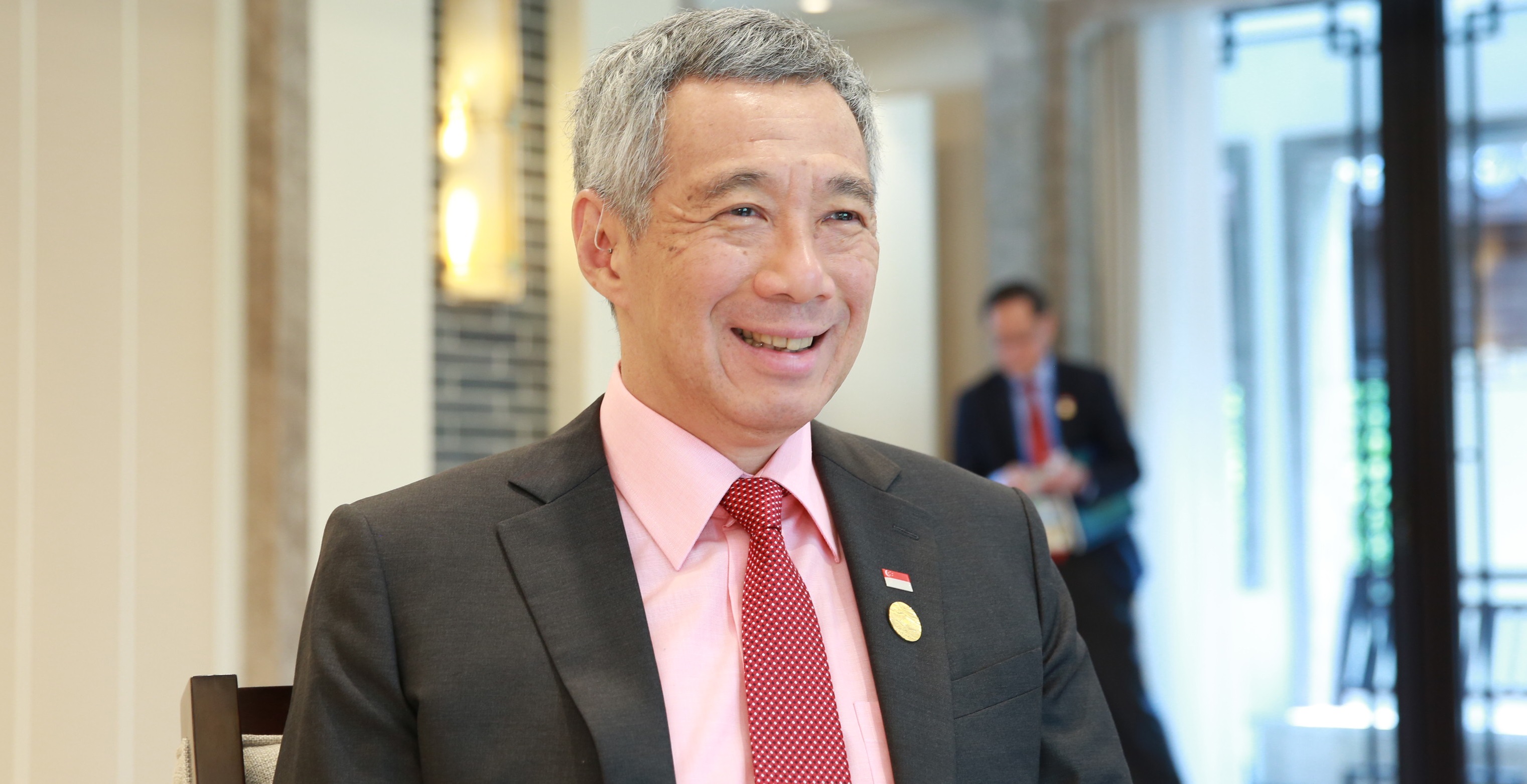To face the rising unemployment rate in Singapore, “Government will create new jobs by bringing new businesses and investments, finding replacement jobs for workers who have lost their jobs or are out of work, and training workers to grow in their current jobs, to do something bigger, more productive,” asserted Lee Hsien Loong, Prime Minister of Singapore while speaking at the May Day Rally organised at Our Tampines Hub on Monday.
He added, “In creating new jobs, Singapore will depend on its winning formula of bringing in new businesses and investments." For example, chip-maker Micron recently invested SGD5.4 billion and its expansion here led to 500 jobs being created.
The Prime Minister also reiterated the government’s commitment for helping those who have lost their jobs find new ones, particularly for industries which are not doing well, such as the oil sector.
Many people have lost jobs in the oil sector, particularly after falling of oil prices. The offshore and marine industry has lost about 30,000 jobs since its last peak. While foreign workers were the first to be let go, some Singaporean workers have been affected. Last year, about 1,000 workers in the industry lost their jobs and another few hundreds are expected to do so this year.
The Prime Minister said the unions have been helping the affected workers find new jobs in other sectors that need similar skills, such as the transport and aviation industries. Retrenched engineers from offshore and marine industries can find new jobs there, with some retraining.
Lee Hsien Loong emphasised that workers need to constantly upgrade, like what employees in other countries are doing. He referred to national skills re-development programme SkillsFuture which has given Singapore a good head start.
The Prime Minister noted that the unemployment rate has climbed to 2.3 per cent due to economic restructuring. This is low compared to developed countries, which have typically much higher unemployment rates of at least 5 per cent, and sometimes even as high as 10 per cent, he said.
He also added, “Our unemployment rate will gradually tend to creep up. We are feeling the same pressures as other developed countries, the industries have to continue restructuring. Our workforce is getting older, and older workers who lose jobs tend to take longer to find new jobs, and to get back into the workforce. Singapore has to understand the trend but at the same time work hard to resist it, and keep its workers in jobs.”



